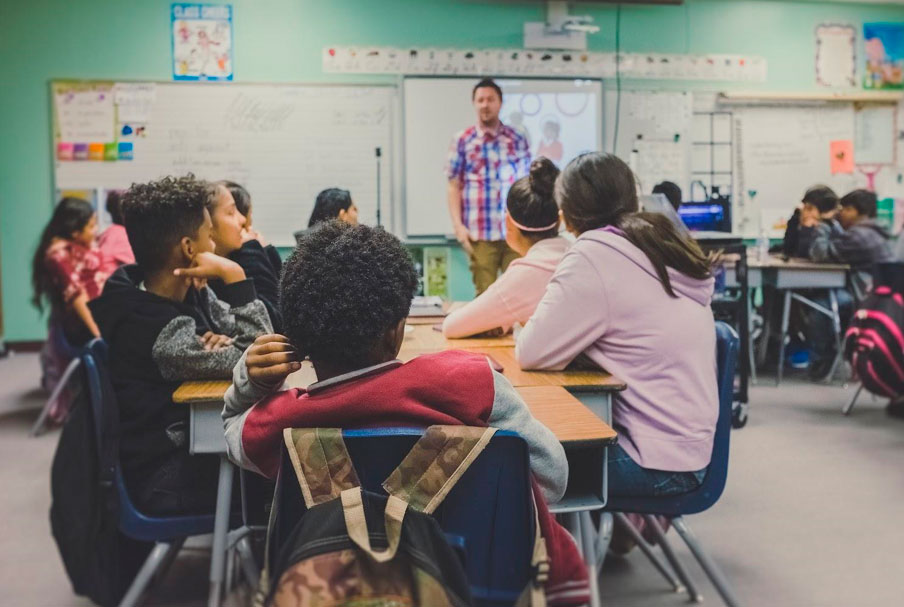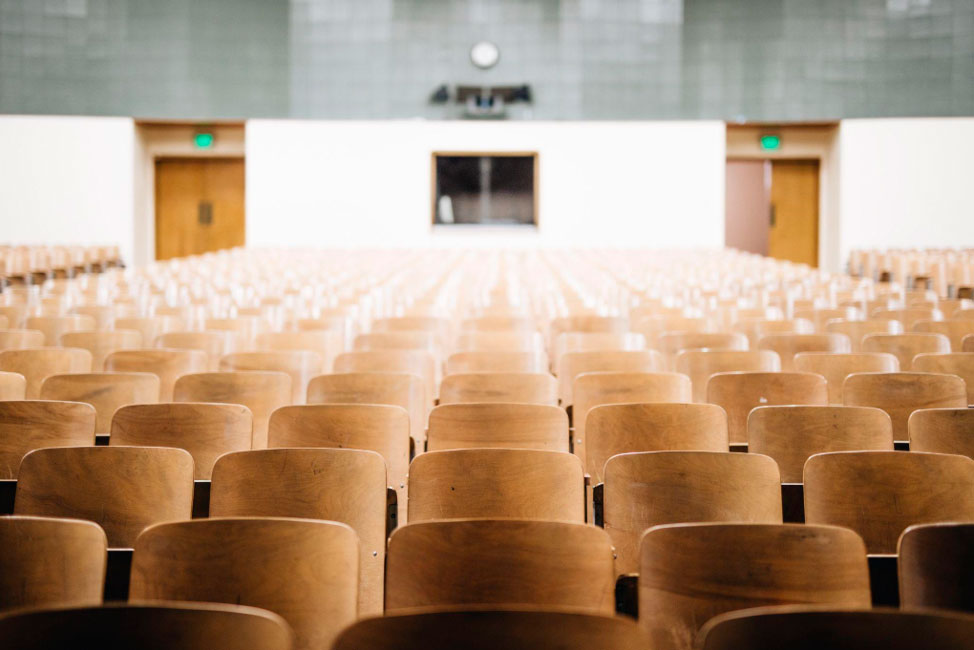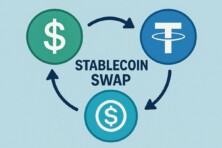Although education and economy/finance are two different fields, they are related in many ways. The quality of education plays a major role in the economic growth of a country. When teaching is done with the best facilities and environment, people take befitting jobs, and the economy automatically booms. In the same vein, a bad education means a poor economy.

Just as education impacts the economy, it also goes the other way. There are many problems that an economic crisis causes in the education sector. For instance, when there is inflation, students begin to drop out.
Impact Of The Economy, Economic Crises On Education
A country’s economy is a significant determinant of the quality of education, as mentioned before. Wage rates, fiscal policies, economic shocks, monetary policies, inflation rates, and other economic factors affect all citizens generally, including teachers and parents. Since these factors affect everyone in the country, it goes without saying that it also affects every field and sector, including educational development.
For the most part, the relationship between the economy and education is a direct one. When a country is experiencing economic growth, education tends to advance. On the other hand, when the economy declines, schools will have problems across the country.
The government may cushion the influence of economic problems on the education sector, but some are simply inevitable.
Schoolchildren, with the help of their parents, cope with such troubles more easily. College students have a harder time. They are forced to allocate a modest budget, study, plan for the future and master a new profession. The unstable situation in the country prevents them from fully engaging in important research, and young people often need help with some tasks. As a student, when these effects influence education, whether secondary or higher education, you’ll need some assistance. With a website that helps you write your essay, your stress is reduced to the barest minimum. It has been made easier from regular school work to projects for an international journal. Specifically, here are areas of impact of economic crises on academics:
Wage rate
Generally, teachers are highly motivated to teach their students when the wage rate is high. They teach students with all their might. The result of this is that the education sector works perfectly well, with students’ results being on a constantly high level. This is the scenario when the economy is experiencing development.
However, when the economy is declining, the wage rates fall drastically. What this means is that the standard of learning also drops. When teachers are not paid well, students can’t learn properly.
Work hours
In a declining economy, all businesses, including schools, seek to cut costs by all means. This implies shorter work hours, schools will close earlier, and many extra classes will be scrapped. The effect this has on students is a lower level of dedication to studying. They spend less time at school, and it’s just natural that they gradually lose interest.
Other areas of impact include:
- Employment rate.
- Government policies.
- International policies.

Negative Effects of Economic Crisis on Education
Economic problems spell doom for a country’s education system, even internationally. It affects teachers, parents, and the students themselves. The most prominent negative effects of economic problems on academics include the following:
Absence of parents
Especially in developing countries, when there are economic problems, people juggle several jobs to make ends meet. Parents take up more jobs to feed the family and provide the necessary amenities. This means they stay out more and stay at home less.
When students are given homework, essays, or projects to write, their parents become unavailable to help them at home. Students will carry out all educational activities independently since their parents are unavailable at home. This causes a significant decline in their development and, consequently, their performance.
Educational costs become unbearable
A declining economy is characterized by inflation-less money in circulation. This makes parents unable to bear some costs, even some that are important, like educational costs. In a weak economy, keeping up with basic expenses like tuition fees, uniforms, private tutorials, textbooks, and other learning materials becomes more challenging. Although these items are necessary for every student, they become a heavy burden for parents when the economy isn’t progressing.
Eventually, parents begin to forego one or two costs to “cut the fat.” The more they forego, the harder it is for the student to cope at school. Students are sometimes faced with no other option but to drop out of school when their parents can’t afford the fees.
Child labor
Every avenue of making more money is explored and leveraged during a crisis. This means that every family member has to bring in something by working. Although the parents have to cater to the family’s needs, the children that can work have to pitch in when the economy is weak.
Children already working before the crisis get pressured to work more to earn more and support the family. As they continue to work extra hours, they get too exhausted to engage in academic activities.
Children who didn’t work before the crisis must start looking for jobs. Since they weren’t used to working before the situation of the economy, they find it hard to adapt. Combining work with school becomes hard, and they tend to lag academically.
Positive Effects of Economic Crisis on Education
While it is true that problems in the economy do harm in most countries, there are some alternative sides to the situation.
Here are the positive effects of economic issues on academics:
Moral Support
When parents see that educated workers don’t experience hardships as much as less-educated workers, they motivate their children morally to put their best into their academics.
The economic crisis makes parents see academic knowledge as more important. They give their children more moral support even though they won’t be physically available to help them with academic assignments.
When a student needs assistance with writing a paper or essay for an international journal, there are writer websites that make it easier. With a website that writes essays fast, they can do other activities.
Shift of focus
As the child labor wage rate reduces, parents become less attracted to the idea of their children working for long hours. They begin to make their children engage more in academic work and less in child labor.
Conclusion
The state of the economy directly influences the quality of formation in all countries. However, the negative influence that comes with a poor economy outweighs the positive impact to a significant extent. So, while positive possibilities exist, one shouldn’t look forward to it.
The provision of grants for academic institutions is an effective way of limiting the negative influence of a bad economy. As these institutions get support to fund their activities and cover basic costs, it means lesser pressure on the parents.
Reaffirming the importance of formal knowledge during crises like this also goes a long way. Many families would be driven by the sole aim of making more money; campaigns that reaffirm the benefits of schooling maintain educational outcomes.









